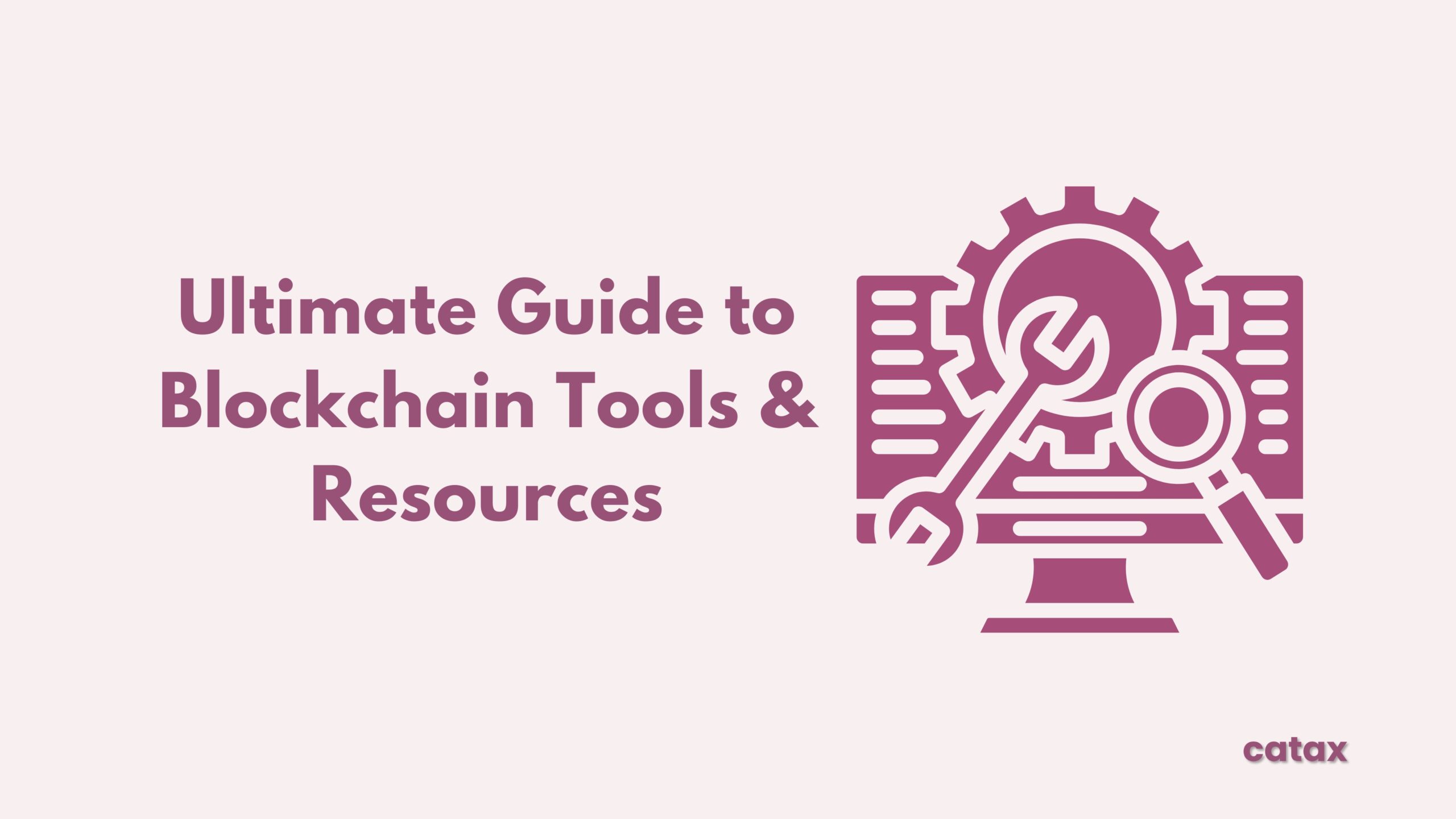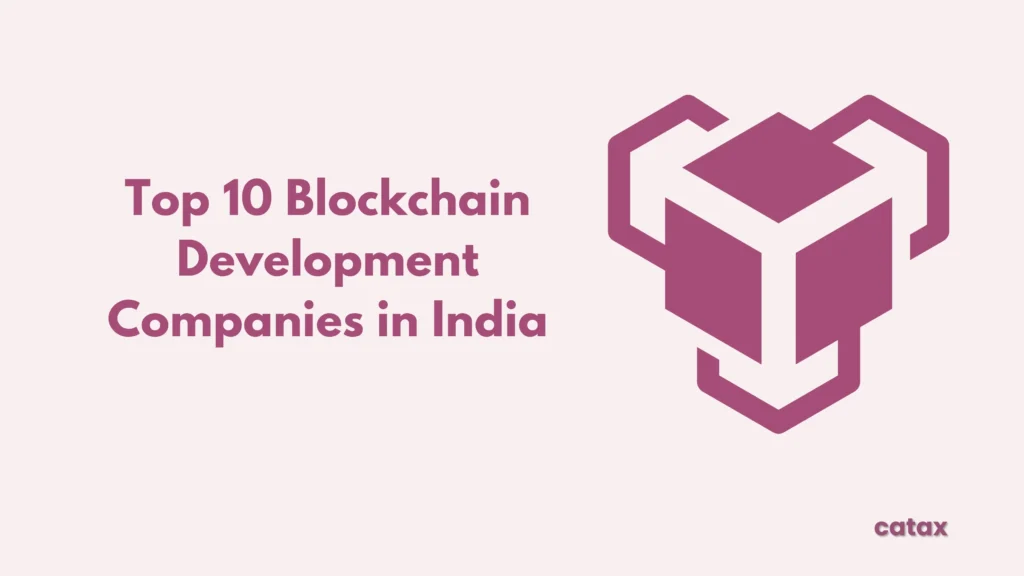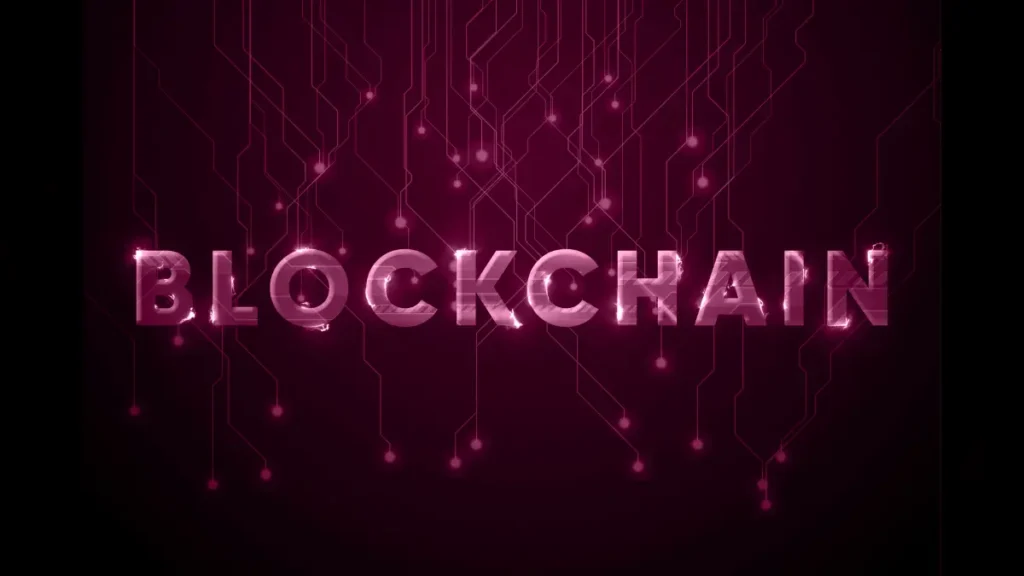Blockchain technology, a revolutionary advancement in the digital world, has paved the way for a new era of security, transparency, and efficiency. Consequently, with its growing popularity, the demand for effective blockchain tools and resources has skyrocketed. Additionally, as a result, furthermore, moreover, therefore, in conclusion, hence, similarly, likewise, not only…but also, consequently, for example Whether you’re a seasoned developer, an avid learner, or just curious about blockchain, this article serves as your ultimate resource.
Developer Tools
| S.no | Category | Name | Brief Description | Website |
|---|---|---|---|---|
| 1 | Developer Tools | Alchemy Account Kit | User on-boarding without seed phrase and gas. | Link |
| 2 | Developer Tools | Alchemy Supernode | Blockchain engine for scalability, reliability, and accuracy. | Link |
| 3 | Developer Tools | Alchemy Token API | Complete token data on all EVM-supported chains. | Link |
| 4 | Developer Tools | Alchemy Transaction Simulation | Preview how transactions will behave on-chain. | Link |
| 5 | Developer Tools | Alchemy Transfers API | Retrieve historical transaction activity, including internal transfers. | Link |
| 6 | Developer Tools | Alchemy Webhooks | Real-time notifications. | Link |
| 7 | Developer Tools | API3 | Blockchain-native, decentralized APIs. | Link |
| 8 | Developer Tools | Aragon App | No-code platform to launch and manage DAOs. | Link |
| 9 | Developer Tools | Aragon OSx | Smart contract framework to build custom DAOs. | Link |
| 10 | Developer Tools | Drizzle | Front-end libraries for creating dApp user interfaces. | Link |
| 11 | Developer Tools | Ganache | 1-click Ethereum Blockchain for testing & development. | Link |
| 12 | Developer Tools | Hardhat | Ethereum development environment. | Link |
| 13 | Developer Tools | Hyperledger Bevel | Accelerator for deploying production-ready distributed networks. | Link |
| 14 | Developer Tools | Hyperledger Cacti | Blockchain integration tool for integration of blockchains. | Link |
| 15 | Developer Tools | Hyperledger Caliper | Benchmark tool for measuring blockchain performance. | Link |
| 16 | Developer Tools | Hyperledger Cello | Operational console for managing blockchains. | Link |
| 17 | Developer Tools | Hyperledger Firefly | Stack for building & scaling secure Web3 applications. | Link |
| 18 | Developer Tools | Hyperledger Solang | Compiles Solidity for Solana & Substrate. | Link |
| 19 | Developer Tools | Moralis Blockchain API | Block data, transactions, logs, raw & decoded data. | Link |
| 20 | Developer Tools | Moralis DeFi API | Liquidity reserves and pair data across multiple blockchains. | Link |
| 21 | Developer Tools | Moralis NFT API | Cross chain NFT Transfers, Prices & Metadata | Link |
| 22 | Developer Tools | Moralis Price API | Crypto Price API. | Link |
| 23 | Developer Tools | Moralis ERC20 Token API | Real-time token prices, wallet balances, transfers, and liquidity. | Link |
| 24 | Developer Tools | Moralis Wallet | API for integrating wallet functionalities into Web3 dapps. | Link |
| 25 | Developer Tools | MythX | Detect security vulnerabilities in your Ethereum smart contracts. | Link |
| 26 | Developer Tools | OpenZeppelin Defender | Secure operations platform for smart contracts. | Link |
| 27 | Developer Tools | OpenZeppelin Wizard | Interactive generator to bootstrap smart contracts. | Link |
| 28 | Developer Tools | Push Protocol | Cross-chain notifications & messaging for dapps & wallets. | Link |
| 29 | Developer Tools | Remix | Toolset for Ethereum and EVM-compatible smart contracts. | Link |
| 30 | Developer Tools | Tatum Blockchain API | Indexed Block Data. | Link |
| 31 | Developer Tools | Tatum Metamask | Integrate MetaMask into a website or mobile app in seconds. | Link |
| 32 | Developer Tools | Tatum NFT | Tools for building NFT apps. | Link |
| 33 | Developer Tools | Tatum Notifications | Fast Web3 notifications. | Link |
| 34 | Developer Tools | Tatum Wallets | Back-end for crypto wallet applications. | Link |
| 35 | Developer Tools | The Graph | Indexing and querying data from blockchains. | Link |
| 36 | Developer Tools | Truffle | Suite of tools for smart contract development. | Link |
| 37 | Developer Tools | OpenZeppelin Wizard | Interactive generator to bootstrap smart contracts. | Link |
| 38 | Developer Tools | OpenZeppelin Defender | Secure operations platform for smart contracts. | Link |
Data & News
In the fast-paced world of blockchain, staying informed is vital. Data and news resources, on the other hand, provide valuable insights into market trends, regulatory changes, and technological advancements. Additionally, these resources often include real-time data analytics, market predictions, and expert opinions. Consequently, they become essential for making informed decisions in blockchain investments and development.
Blockchain development is a thriving field that demands specific tools to build, test, and deploy applications effectively. Within the blockchain realm, developer tools such as integrated development environments (IDEs), test networks (testnets), and smart contract development kits play a pivotal role. Additionally, these tools offer a framework for developing decentralized applications (DApps) and smart contracts. As a result, developers can write, test, and deploy code efficiently to advance their projects.
For developers and investors alike, understanding the nuances of market movements and the impacts of new regulations is crucial. These insights not only shape investment strategies but also guide the development of blockchain applications in compliance with legal standards.
| S.no | Category | Name | Brief Description | Website |
|---|---|---|---|---|
| 39 | Data & News | Coin Market Cal | Upcoming current events on different coins. | Link |
| 40 | Data & News | Crypto ATM Map | Find Crypto ATMs across the world. | Link |
| 41 | Data & News | Crypto Miso | Github commit history of 200+ cryptocurrencies. | Link |
| 42 | Data & News | CryptoPanic | Crypto news aggregator. | Link |
| 43 | Data & News | REKT Database | Database of the Top Crypto Hacks. | Link |
Explorers
Blockchain explorers are tools that enable users to browse the blockchain. Moreover, they offer a user-friendly interface for viewing transaction histories, wallet balances, and the status of various blockchain networks. In addition, this transparency is a cornerstone of blockchain technology, as it provides an open and verifiable system for all participants.
Explorers are not just for viewing transactions; they are also valuable for developers and auditors who need to verify the state of smart contracts and track the flow of tokens within the blockchain.
| S.no | Category | Name | Brief Description | Website |
|---|---|---|---|---|
| 44 | Explorers | Atlas | Blockchain search engine. | Link |
| 45 | Explorers | Blockchair | Explore data stored on 40 blockchains. | Link |
| 46 | Explorers | Etherscan | Block Explorer and Analytics Platform for Ethereum. | Link |
Frameworks
Frameworks in blockchain are pre-built software structures that developers use to build DApps and smart contracts quickly and efficiently. Moreover, these frameworks often include libraries, APIs, and other tools that streamline the development process.
Using a framework reduces the need to build applications from scratch, allowing developers to focus on the unique aspects of their projects. Frameworks also ensure that the applications adhere to best practices and are compatible with the broader blockchain ecosystem.
| S.no | Category | Name | Brief Description | Website |
|---|---|---|---|---|
| 47 | Frameworks | Hyperledger Besu | Ethereum client optimized for enterprise environments. | Link |
| 48 | Frameworks | Hyperledger Fabric | Modular blockchain platform with plug-and-play components. | Link |
| 49 | Frameworks | Hyperledger Indy | Components for creating interoperable digital identities. | Link |
| 50 | Frameworks | Hyperledger Iroha | Blockchain platform for integration into infras IoT projects. | Link |
| 51 | Frameworks | Hyperledger Sawtooth | Separates the core system from the application domain. | Link |
| 52 | Frameworks | Multichain | Build & deploy blockchains in seconds. | Link |
Infrastructure
Blockchain infrastructure, in essence, encompasses the hardware and software crucial for supporting blockchain networks. This comprehensive framework encompasses various components, such as servers, node networks, and cloud-based services. These elements collectively play vital roles in ensuring the seamless operation and scalability of blockchain systems.
Robust infrastructure is critical for maintaining the speed, security, and reliability of blockchain networks. As blockchain technology evolves, the infrastructure must also adapt to support more complex applications and an increasing number of users.
| S.no | Category | Name | Brief Description | Website |
|---|---|---|---|---|
| 53 | Infrastructure | Akash Network | Airbnb for Cloud Compute. | Link |
| 54 | Infrastructure | Arweave | Decentralized network for the indefinite storage of data. | Link |
| 55 | Infrastructure | Audius | Decentralized music streaming protocol. | Link |
| 56 | Infrastructure | Ethereum Name Service | Decentralized naming system based on the Ethereum blockchain. | Link |
| 57 | Infrastructure | Filecoin | Decentralized data storage network. | Link |
| 58 | Infrastructure | Infura | Connect to multiple blockchains with a single line of code. | Link |
| 59 | Infrastructure | IPFS | Store & access files, websites, applications & data. | Link |
| 60 | Infrastructure | Livepeer | Video infrastructure network for live and on-demand streaming. | Link |
| 61 | Infrastructure | Nice Hash | Hashpower marketplace. | Link |
| 62 | Infrastructure | Sia | Decentralized cloud storage platform & data storage marketplace. | Link |
| 63 | Infrastructure | Theta | Airbnb for video streaming. | Link |
| 64 | Languages | Cairo | Turing-complete language for scaling dApps using STARKs. | Link |
Languages
Blockchain development requires specific programming languages that are conducive to creating secure and efficient smart contracts and DApps. Moreover, popular blockchain programming languages include Solidity for Ethereum-based applications. Additionally, Rust and Go are chosen for their efficiency and security features. Furthermore, Python stands out for its versatility and ease of use.
Each language has its strengths and is suited for different types of blockchain applications. Furthermore, the choice of language often depends on the requirements of the project and the blockchain platform being used.
| S.no | Category | Name | Brief Description | Website |
|---|---|---|---|---|
| 65 | Languages | Ride | Language for smart contracts & dApps on the Waves blockchain. | Link |
| 66 | Languages | Rust | Fast and memory-efficient language. | Link |
| 67 | Languages | Solidity | Most popular language for developing Ethereum smart contracts. | Link |
| 68 | Languages | Vyper | Contract-oriented, pythonic programming language. | Link |
Libraries
Libraries in blockchain are collections of pre-written code that developers can use to build and deploy blockchain applications efficiently. Furthermore, these libraries often contain functions for common tasks like creating wallets, handling transactions, and interacting with blockchain networks. As a result, by using these libraries, developers can save time, reduce errors, and ensure their applications are optimized and secure.
| S.no | Category | Name | Brief Description | Website |
|---|---|---|---|---|
| 69 | Libraries | Ethers.js | Library for interacting with Ethereum. | Link |
| 70 | Libraries | Hyperledger AnonCreds | Uses ZKP to support advanced privacy-protecting capabilities. | Link |
| 71 | Libraries | Hyperledger Aries | Toolkit for verifiable digital credentials. | Link |
| 72 | Libraries | web3.js | Interact with Ethereum nodes using HTTP, IPC or WebSocket. | Link |
Metrics & Analytics
Metrics and analytics tools, such as, consequently, therefore, or as a result, provide detailed insights into blockchain network performance, user behavior, and tokenomics. These tools are essential for developers and businesses to understand how their applications are being used and how they can be improved.
Analytics can also help investors and traders make informed decisions by providing data on token performance, transaction volumes, and network activity.
| S.no | Category | Name | Brief Description | Website |
|---|---|---|---|---|
| 73 | Metrics & Analytics | Coin Marketcap | Crypto metrics and charts | Link |
| 74 | Metrics & Analytics | DeFi Llama | DeFi TVL (Total Value Locked) aggregator. | Link |
| 75 | Metrics & Analytics | Glassnode | Blockchain data and intelligence platform. | Link |
| 76 | Metrics & Analytics | Messari | Research, data, and analytics tools | Link |
| 77 | Metrics & Analytics | Nansen | Onchain Insights for Crypto Investors. | Link |
| 78 | Metrics & Analytics | Token Terminal | Full stack onchain data platform. | Link |
Oracles
Oracles are a critical component in the blockchain ecosystem, connecting blockchain networks with external data sources. They enable smart contracts to interact with real-world information, which is essential for many DApps, especially those in finance and supply chain sectors.
By integrating external data, oracles expand the capabilities of smart contracts, allowing them to execute based on information such as stock prices, weather data, or flight statuses.
| S.no | Category | Name | Brief Description | Website |
|---|---|---|---|---|
| 79 | Oracles | Band Protocol | Decentralized cross-chain data oracle platform. | Link |
| 80 | Oracles | Chainlink | Decentralized network of independent oracle node operators. | Link |
Wallets
Blockchain wallets, on the other hand, are tools that enable users to store, send, and receive digital assets. They are essential for interacting with blockchain networks and can range from simple online wallets to more secure hardware wallets.
Wallets not only act as a means to manage cryptocurrencies but also play a crucial role in managing digital identities and permissions in various blockchain applications.
| S.no | Category | Name | Brief Description | Website |
|---|---|---|---|---|
| 81 | Wallets | Brave Wallet | Multi-chain crypto wallet built into the Brave Browser. | Link |
| 82 | Wallets | Metamask | Self-custodial wallet to buy, store, send and swap tokens. | Link |
| 83 | Wallets | MyEtherWallet | Self-custodial wallet for ERC-20 tokens. | Link |
| 84 | Wallets | Trust Wallet | Self-custodial wallet for swaps, staking, buying & selling cryptos. | Link |
Regulatory Compliance
Navigating the complex landscape of blockchain regulation requires specialized tools and resources. Moreover, regulatory compliance tools help businesses and developers ensure that their blockchain applications and operations adhere to the evolving legal frameworks across different jurisdictions.
Furthermore, these tools often include features for identity verification, transaction monitoring, and reporting, which are critical for meeting anti-money laundering (AML) and know your customer (KYC) regulations.
| S.no | Category | Name | Brief Description | Website |
|---|---|---|---|---|
| 85 | Regulatory Compliance | Chainalysis | Cryptocurrency investigation and compliance solutions. | Link |
| 86 | Regulatory Compliance | Elliptic | Blockchain analytics for financial crime compliance. | Link |
| 87 | Regulatory Compliance | Coinfirm | Blockchain analytics and regtech. | Link |
| 88 | Regulatory Compliance | TRM Labs | Monitor, Investigate, and Mitigate Crypto Fraud and Financial Crime. | Link |
Blockchain Education
Educational resources are essential for anyone looking to understand or work with blockchain technology. Furthermore, these resources include online courses, tutorials, webinars, and workshops that cover various aspects of blockchain, from the basics to more advanced topics.
Whether you’re a beginner or an experienced professional, continuous learning is key to keeping up with the rapidly evolving blockchain landscape.
| S.no | Category | Name | Brief Description | Website |
|---|---|---|---|---|
| 89 | Blockchain Education | ConsenSys Academy | Provides blockchain and Ethereum technology education and training. | Link |
| 90 | Blockchain Education | B9lab | Online blockchain courses for professionals. | Link |
| 91 | Blockchain Education | CryptoZombies | Learn to code Ethereum smart contracts. | Link |
Cross-Border Payments
Blockchain technology has revolutionized the way cross-border payments are conducted. Additionally, it has allowed for more efficient and secure transactions. Consequently, traditional banking systems are being challenged by these innovative solutions.
These tools are particularly beneficial for businesses and individuals who regularly engage in international transactions, providing a more efficient and accessible means of transferring funds across borders.
| S.no | Category | Name | Brief Description | Website |
|---|---|---|---|---|
| 92 | Cross-Border Payments | Ripple (XRP) | Fast, low-cost international payments. | Link |
| 93 | Cross-Border Payments | Stellar | Connects banks for large transactions. | Link |
| 94 | Cross-Border Payments | RippleNet | Network for global financial transactions. | Link |
Security Auditing Tools
With the growing adoption of blockchain technology, consequently, the need for robust security measures has never been greater. In this context, security auditing tools are essential for identifying vulnerabilities in blockchain applications and ensuring the integrity of smart contracts.
These tools perform rigorous checks and balances, simulating potential attack scenarios to uncover weaknesses before they can be exploited. This is crucial not only for protecting the assets and data involved but also for maintaining trust in blockchain systems.
| S.no | Category | Name | Brief Description | Website |
|---|---|---|---|---|
| 95 | Security Auditing Tools | MythX | Ethereum smart contract security analysis. | Link |
| 96 | Security Auditing Tools | Securify | Scanner for Ethereum contract vulnerabilities. | Link |
| 97 | Security Auditing Tools | Quantstamp | Security audits for Ethereum contracts. | Link |
Others
Under this broad category, we address a variety of additional tools and resources essential in the blockchain ecosystem. This includes but is not limited to, decentralized finance (DeFi) platforms, non-fungible token (NFT) marketplaces, and blockchain consulting services. These diverse tools serve various niche areas within the blockchain world and are instrumental in driving innovation and adoption across different sectors.
| S.no | Category | Name | Brief Description | Website |
|---|---|---|---|---|
| 98 | Others | Bisq | P2P network & software for buying & selling crypto. | Link |
| 99 | Others | Blockchain GPT | Custom GPT for Blockchain | Link |
| 100 | Others | ETH Mail | Send email to Ethereum addresses. | Link |
The blockchain landscape is dynamic, requiring a keen understanding and the right set of tools and resources. Additionally, whether you’re a developer, investor, or enthusiast, utilizing these tools and resources can significantly enhance your blockchain experience. Moreover, opening up a world of possibilities in this innovative field.
FAQs on Ultimate Guide to Blockchain Tools & Resources
Blockchain tools can provide numerous benefits, including enhanced security, transparency, efficiency, and cost savings. They can streamline processes, facilitate trustless transactions, and enable the creation of decentralized applications (dApps) and smart contracts.
Popular blockchain tools include development frameworks like Ethereum and Hyperledger, cryptocurrency wallets such as MetaMask and Ledger, blockchain explorers like Etherscan and Blockchain.com, and consensus mechanisms like Proof of Work (PoW) and Proof of Stake (PoS).
Yes, blockchain tools like cryptocurrency wallets and exchanges enable users to securely store, send, receive, and trade cryptocurrencies. These tools typically leverage blockchain technology to record and verify transactions on distributed ledgers.
By utilizing blockchain, warehouses, manufacturers, suppliers, production sites, distribution centers, and retail partners can establish seamless connectivity. This is achieved through a permanent ledger that records every transaction, ensuring transparency and accessibility of records to all network participants.
Some upcoming trends in blockchain tools and resources include the integration of artificial intelligence (AI) and machine learning (ML), the development of interoperable blockchain networks, the emergence of decentralized finance (DeFi) platforms, and the adoption of non-fungible tokens (NFTs) for digital assets.



